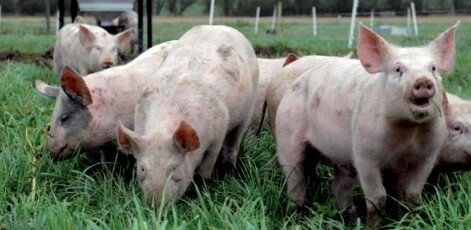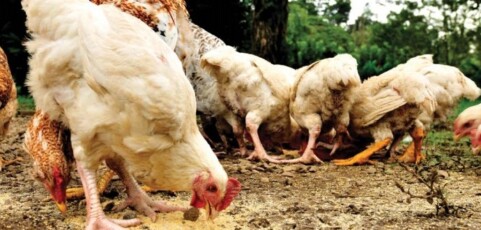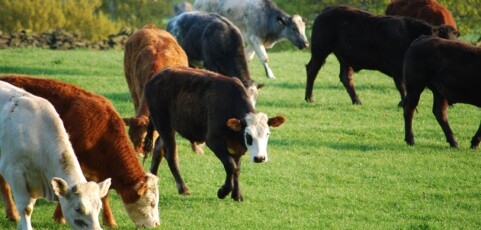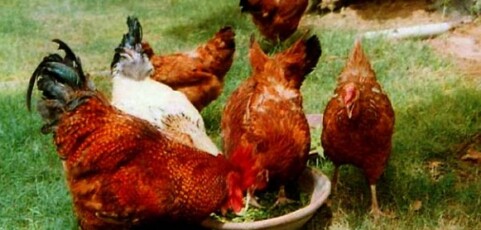This briefing examines livestock production in the context of climate change mitigation and analyses how farming solutions to environmental challenges can be both ustainable and humane.
Animal and Human Welfare are hand-in-hand. How animal welfare can boost jobs and livelihoods
This briefing outlines how livestock are an important contributor to food and explores how improvements to animal welfare can boost jobs and livelihoods.
Why livestock and humane, sustainable agriculture matter at Rio+20
The benefits of humane, sustainable livestock production are core to advancing the Rio+20 discussions on the future of food and farming. The rearing and use of animals has a major impact on the environment, society and the global economy; ensuring their welfare is an effective tool to help achieve a green economy in the context of poverty eradication and sustainable development.
High steaks: a humane and sustainable ‘farm to fork’ beef system in the US
Read MoreBeyond battery cages: a humane, sustainable model of egg production in The Netherlands
Anticipating the disappearance of battery cages, alternative, more humane and sustainable methods of egg production have been and are being devel -oped. One up-and-coming example is the Roundel, a concept in The Netherlands that became operational in 2010 and is success-fully expanding. This case study shows its social, environmental and economic benefits – and the unique partnership between business, scientists and civil society that lay the foundation to its success.
Enhancing rural livelihoods and nutrition through higher welfare poultry production in India
This case study demonstrates that there are humane and economically viable alternatives to intensive egg production aimed at the urban market. It shows a sustainable poultry model suited to improving the livelihoods and nutrition of poor rural households that is simultaneously better for animal welfare and less reliant on buying in feed from external providers.







